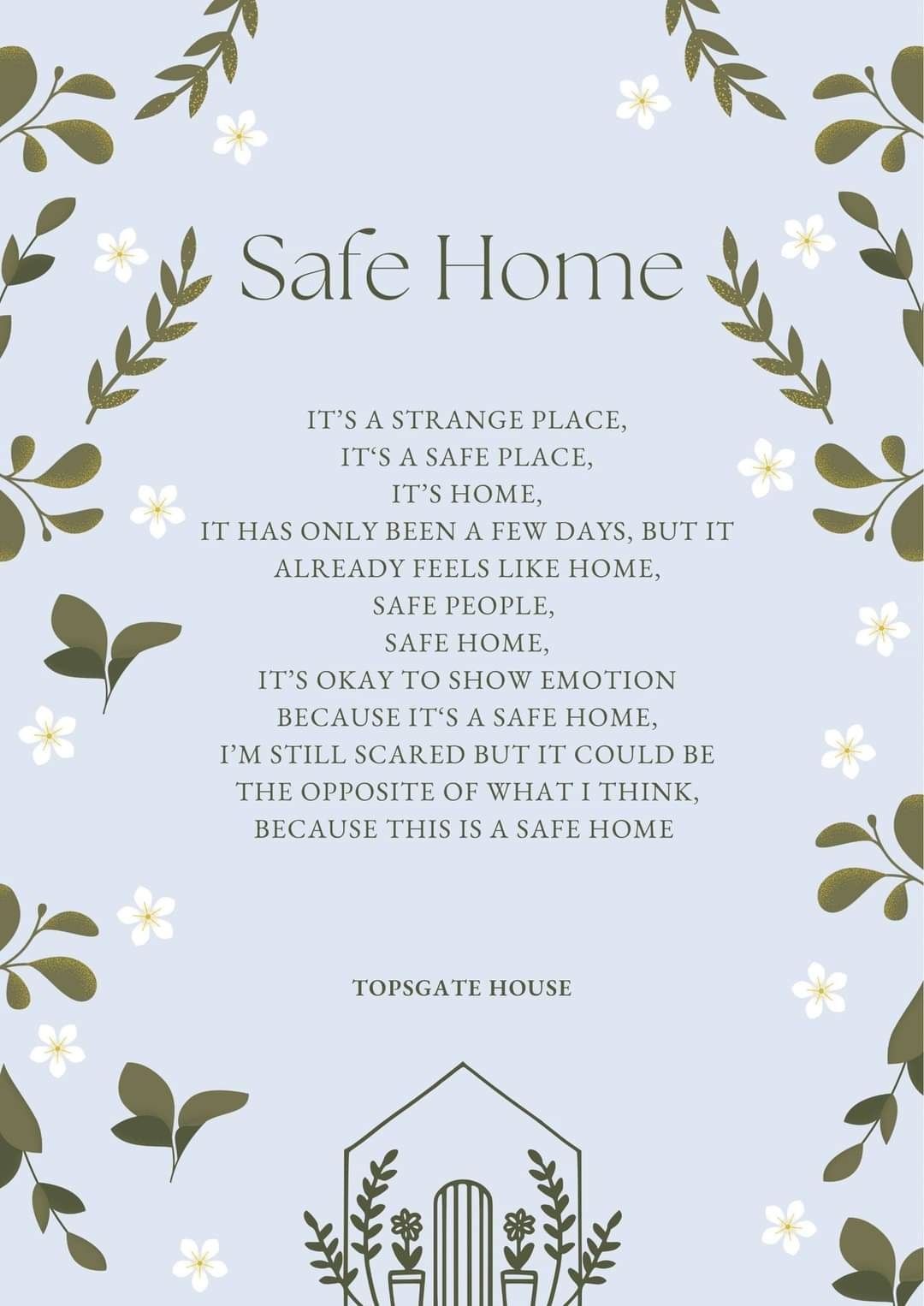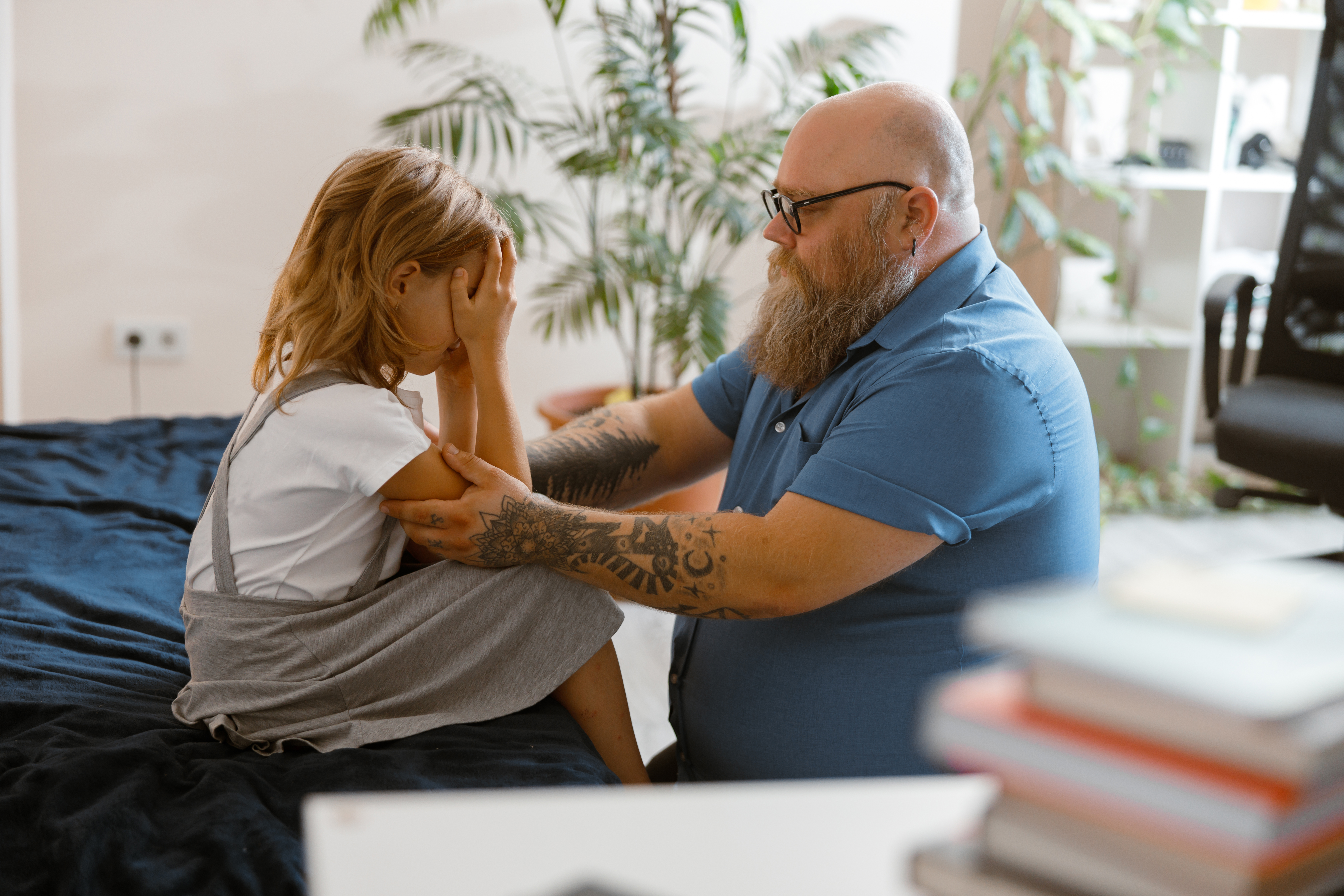
Approach to Care
Supporting individuals to reach their full potential through trauma-informed care and positive behaviour support.
Our Approach to Trauma-Informed Care
At Keys, our approach to care is people led. We believe in empowering individuals to lead fulfilling lives through two core approaches:
Keys Connect: Keys Connect is our relational and therapeutic approach and is grounded in an understanding of trauma and attachment. At it’s core is the value of relationships and the importance of helping people to feel safe, in order to help them thrive and reach their full potential. Keys Connect emphasises the value of working with people in developing their personal strengths, abilities and talents.
Positive Behaviour Support (PBS): At the heart of our PBS model is a commitment to enhancing quality of life. We work closely with individuals, families, and professionals to understand the reasons behind behaviours of concern, recognising that all behaviour serves a purpose. By identifying and addressing these underlying needs, PBS provides proactive, safer pathways for self-expression and positive change.
Our commitment to excellence is supported by a team who bring unparalleled experience and dedication to each individual we support. It’s this passion that sets Keys apart, ensuring every person receives the care and guidance they need to flourish.
Introducing Keys Connect
People affected by developmental trauma need a safe, caring, and consistent environment. This is fundamental to trauma informed practice that emphasises the importance of physical, psychological, and emotional safety for everyone in the organisation.
Working in a trauma and attachment informed way is about understanding the importance of feeling safe and connected and acting /behaving in ways that reflect that understanding. We should not underestimate the capacity of shared positive experience and positive interactions. Even sharing routine experiences and interactions can be therapeutic. Positive experiences of relationships are central to trauma recovery.
Keys is an organisation focused on understanding the children and young people we care for and educate in the light of their experiences and relationships; the impact of these on the child / young person as well as how they may feel about them.
Rachel W"From my perspective, drawing on both lived experience and years of working alongside children and professionals, the Keys Connect Training stands out as thoughtfully put together. At first glance, it’s clearly rooted in real understanding—not just theory—but the kind that comes from looking after and loving children in care. From my lived experience, it’s genuinely reassuring to see this level of thoughtfulness and depth, something that can be so often overlooked. The training you have designed gives me a real hope that our children will be met with the understanding and care they truly deserve. If I had designed the training we reviewed, I would be VERY proud!"
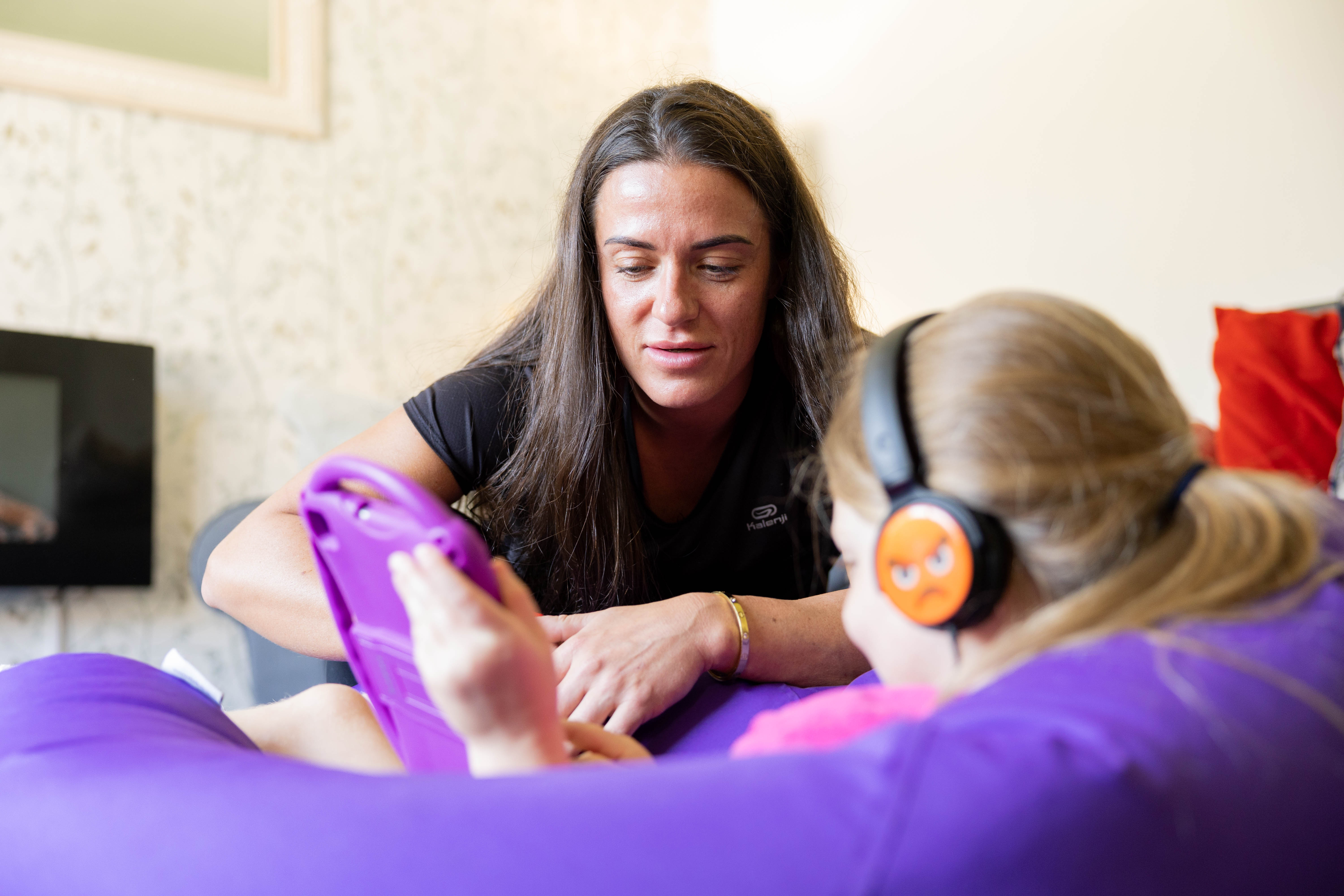
Delivering the model
Keys Colleagues and the young people in our care and education are supported by our Clinical Team which includes Psychologists, Therapists, Assistant Psychologists, Specialist Advisors and Therapeutic Trainers.
Keys Connect training offers a comprehensive learning and professional development programme which is accredited by the CPD Certification Service. It enhances colleagues’ knowledge and skills to support our young people in line with evidence-based practice in therapeutic, trauma informed care and education. Being a therapeutic practitioner requires continuous professional development and Keys Connect is designed to help individuals, teams, and services to access information and to continue to share and build upon their knowledge and learning.
Outcomes
Keys Connect aims to:
-
Develop strengths, skills and self worth.
-
Support healing from difficulties and traumas.
-
Help build connections and relationships.
-
Nurture a sense of safety.
Residential Care ManagerHe struggled in previous placements, but this location suits him. He's engaged in school and therapy and seems settled. The staff are nurturing, set boundaries, and meet his needs. I'm pleased with his progress.

What is Positive Behaviour Support?
Positive Behaviour Support’s (PBS) core aim is to promote quality of life. This is achieved through working in partnership with individuals supported, families and professionals. PBS recognises that all behaviour happens for a reason and that behaviours of concern are no different, with PBS working to understand the communication and need behind the behaviour of concern so that these needs can be met in proactive, safer ways.
PBS in Keys Learning Disability Homes
All Keys Learning Disability homes have access to support from a PBS Practice Lead. There are also a number of PBS coaches within some of these homes who have completed their CAPBS Coaches Programme delivered by the British Institute of Learning Disabilities (BILD). PBS Coaches are supported to translate their learning into practice by the Keys PBS Practice Lead, ensuring that care and support is proactive and child-centred, least restrictive; promoting quality of life through care and environments with a focus on flourishing.
Restrictive Practice Reduction Lead
Our Restrictive Practice Reduction Lead works alongside the PBS Practitioners and teams across Keys to ensure that all support is least restrictive.
Keys are members of BILD (British Institute of Learning Disabilities) committed to eliminating the use of unnecessary restrictions.
We provide support to services to;
- Support teams to review and develop Positive Behaviour Support Plans.
- Support teams to recognise and reduce restrictive practices.
- Support during periods of change and transition.
- Support to explore reasons for increase in behaviours of concern and identify appropriate strategies to support.
- Evidence support and outcomes to external stakeholders.
- Support to understand the potential reasons for behaviour of concern and develop proactive strategies that address this reason.
This heartfelt poem, Safe Home, beautifully captures the essence of what we strive to provide at Keys – a nurturing, supportive environment where young people can feel valued, understood, and secure.
Through our two core approaches, Keys Connect and Positive Behaviour Support and our transition model, Journey to Independence, we work with the young people we support to ensure they feel safe in their environment giving them the best chance to achieve their goals.
Journey to Independence
Journey to Independence (J2i) is Keys' transition model, offering young people the highest quality transitional care and support service. It was developed because we care about the future of our young people and are intent on giving them the best chances to achieve their goals.
J2i was informed by national research and outcomes data; and was co-designed by young people. It is a holistic pathway that offers young people continuity of care throughout their care journey.
Benefits of J2i
-
Lays the foundations for young people's future as they prepare for life after care.
-
A holistic transition pathway offering continuity of care for the entirety of the young person's care journey.
-
A 'stepped' transition model which aims to narrow the gap between living in care and living independently.
-
Supports young people to progress and achieve their independence goals.
-
Engages young people in planning for their future with timely, well thought-out and structured transitions.
-
Helps young people to feel in control of their life and their moving on plans.
-
Provision of ongoing outreach support and access to our signposting services after young people have moved on.
-
Measures young people's preparedness for life after care, as well as their well-being after they leave care.

The Journey to Independence
consist of 5 Key Stages:
-
1
Stage 1
Residential Preparation
Residential Preparation is Stage 1 in the Journey to Independence.
It Is important that preparation for independent living starts as soon as young people and ready and able. All young people should be supported to progress and achieve their independence goals as they approach closer to the age of leaving care. This includes developing practical life skills; knowledge and understanding of the things that matter the most; as well as developing resilience and personal resources needed for independent living.
Keys Independence Framework is a goals and outcomes tool that supports young people to progress and achieve in key areas of their life. It is a tool that guides care staff in support planning and key working with a focus on preparing for life after care .
-
2
Stage 2
Future Planning
Future Planning is Stage 2 in the Journey to Independence.
Residential care offers young people high level of care and support. As young people mature and become more independent they could benefit significantly from Supported Accommodation services. Supported Accommodation is a regulated, semi-independent service which offers young people an opportunity to adjust to independent living with a 'stepped' approach.
As part of planning for the young person's future, services should explore, and where appropriate afford young people the opportunity to transition to semi-independence and part of preparation for independent living.
-
3
Step 3
Bridging Services
Bridging Services is Stage 3 in the Journey to Independence.
For young people moving onto semi-independence, bridging services is all about timely, well thought-out and coordinated transitions. Transition planning should help young people prepare both practically and emotionally for the next stage in their journey to independence. Young people should take centre stage in planning their transition to ensure they have control over their lives.
The Keys Transition Planner is a framework which sets out all the things that young people and care leavers have told us is important to them as they prepare to move on from care.
-
4
Step 4
Preparing to Leave Care
Supported Accommodation is Stage 4 in the Journey to Independence
Semi-independent services such as Keys Supported Accommodation focus on supporting young people in their final preparations for life as an independent young adult.
The service focuses on empowering young people to understand their rights and entitlements; it supports young people to find safe accommodation; find a route into education, training or employment; becoming finically independent and astute; as well as helping young people to develop essential support networks that will have longevity beyond care.
-
5
Step 5
Independence
Independence is Stage 5 in the Journey to Independence.
Young people preparing to transition from semi-independence to living independently should be afforded the same careful consideration, preparation and support as they get ready to live independently. All young people moving on from Keys services have the opportunity to remain in touch and receive any signposting support when required.

Meet the Senior Leaders
Liz Utting, experienced in therapeutic care and educational environments, has led our in-house clinical team in developing and enhancing the Keys Connect approach.

Darren Johnson
National Clinical Director - Children's
Darren is a Chartered and Registered Forensic Psychologist and brings a wealth of experience from both clinical and prison settings. He is passionate about high-quality, evidence-based, trauma informed practice to improve outcomes for children and young people. Alongside his professional expertise, Darren will draw on his strong academic background to further support the outstanding work of our children’s services and the clinical team. .
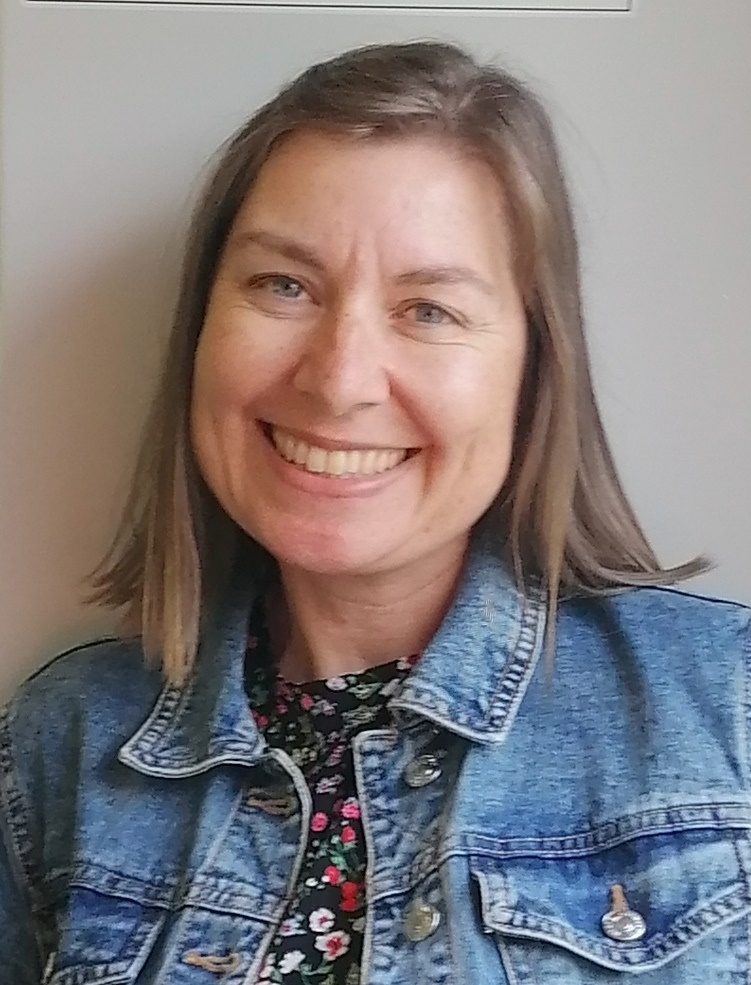
Rebecca Dunbar
Clinical Lead for Children's Residential Services
Principal Psychologist. MEd Educational Psychology, PGCE Primary, BSc (Hons) Psychology.
Rebecca is a highly experienced HCPC registered practitioner psychologist. Rebecca has been a psychologist for 20 years. She joined Keys Group in 2023 having previously worked as an educational psychologist for a Local Authority.
Throughout her career she has supported a range of schools including PRUs and specialist schools. Rebecca’s experience also includes secondments to provide specialist input to leaving care teams, youth offending teams and homelessness prevention teams. Her career has focused on supporting marginalised and vulnerable young people who have experienced trauma and abuse.
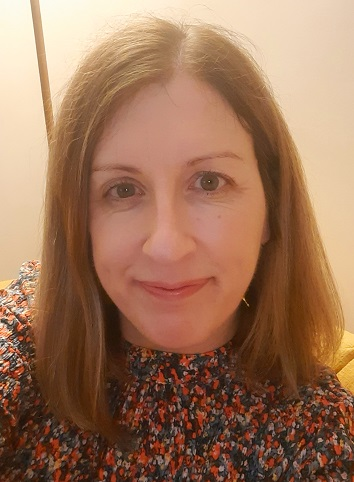
Emma Martin
Clinical Lead for Education - Principal Educational Psychologist
Principal Educational Psychologist. MEd Educational Psychology, PGCE Primary Early Years, BSc (Hons) Psychology.
Emma qualified as an Educational Psychologist over 20 years ago, and during this time has worked with many different educational settings in the application of psychology to bring about positive change. She has held a number of different specialisms throughout her career including crisis management in schools, mental health and supervision. Emma is passionate in supporting and leading teams to enable the best possible outcomes for our most vulnerable children and young people. She is a values-led practitioner and holds a strong belief children and young people should be at the heart of service development. Emma is an accredited Instructor Member of MHFA England.

Sarah Taie
Associate Director - Positive Behaviour Support
Sarah manages the Keys Group PBS team. She has previously worked in a number of roles and settings supporting people with Learning Disabilities, Autism and Mental Health needs.
This has included working as a Support Worker and Assistant Psychologist, as well as establishing and managing a specialist PBS and Autism outreach support service.
Most recently Sarah worked as PBS Lead for a national provider of residential care and supported living for individuals with Learning Disabilities, Autism and Mental Health needs.
Meet our Specialist Advisors
This team offers specialist consultation and advice to support the provision of high-quality services in children’s residential and educational settings, particularly to those children and young people, with more complex needs.
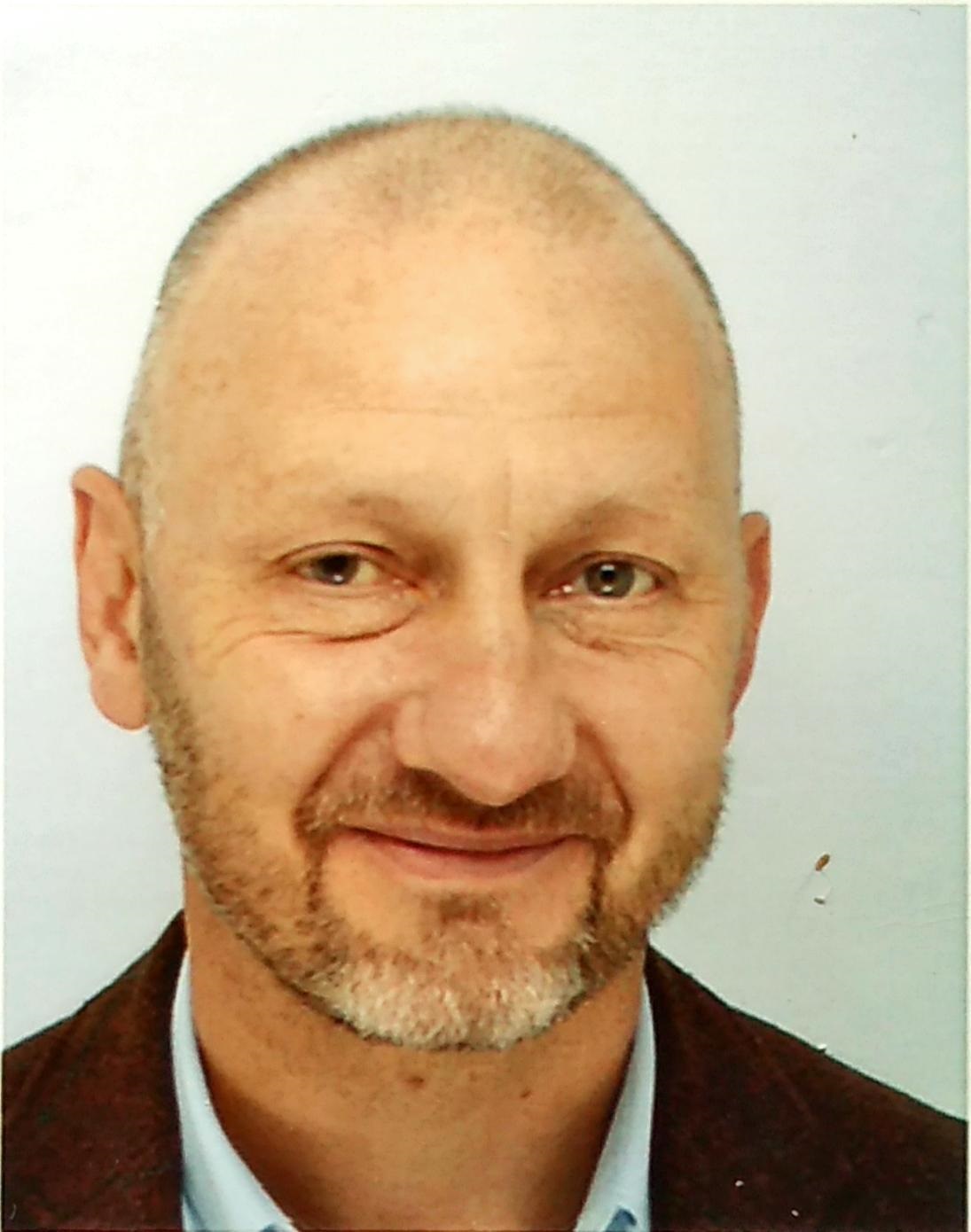
Steve Challinor
Lead Specialist Advisor & Police Liaison Specialist
Steve Challinor served as a police officer for more than 30 years and has extensive experience as a detective sergeant in the specialist areas of CID, safeguarding, child protection and in major crime investigation. Post retirement from the police, he performed the role of police missing person advisor before joining Keys in his current role.
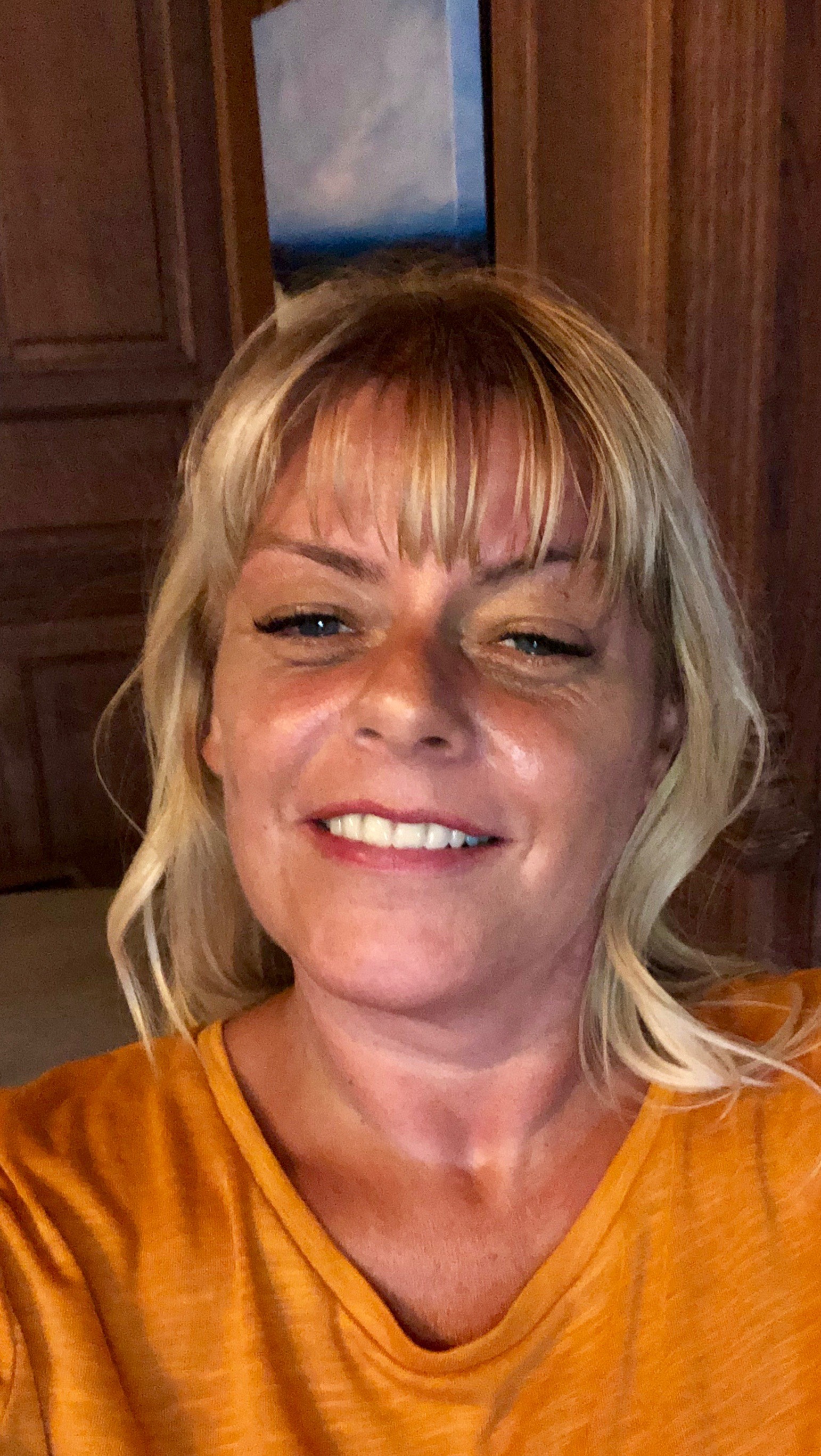
Helen Stewart
Specialist Advisor – Self Injurious Behaviour
Helen Stewart has many years’ experience as a registered children’s home manager, supporting young people with the most complex issues including risks around self-injury.
Her considerable knowledge and experience in dealing with self-injurious behaviour, is used to support Keys residential children’s services and schools, to manage this type of risk effectively.
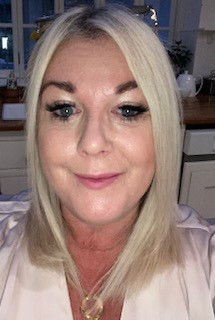
Fran Gracie
Specialist Advisor – Substance misuse
Fran Gracie is a qualified Counsellor and Systemic Family Therapist and has worked managerially in substance misuse services for over 20 years. Fran provides information, advice, support and guidance to Keys residential children’s services and schools, including current information about drug trends and risks. Fran supports the formulation and application of effective risk management plans.

Katie Proudman
Specialist Advisor – Exploitation
Katie Proudman has extensive experience in the fields of child sexual exploitation, criminal/county lines exploitation, child trafficking and gangs. Katie provides advice and support to Keys children’s residential services and education, particularly in respect of young people at high risk of exploitation and young people who have been recently exploited by county lines organised crime groups.
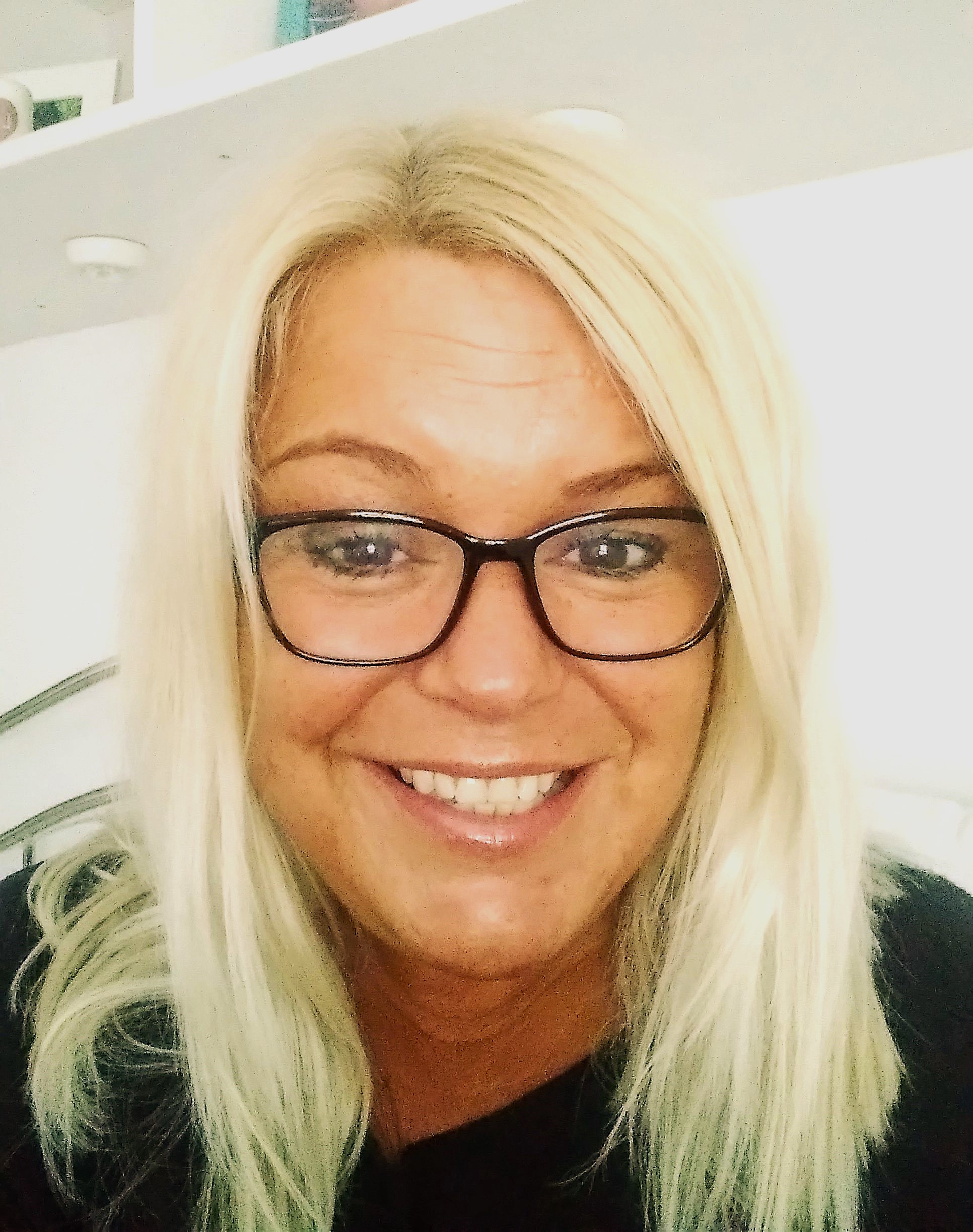
Gayle Bradbury
Specialist Advisor – Harmful Sexual Behaviour
Gayle Bradbury is a qualified social worker, who has managed local authority Youth Offending Service and who has specialist knowledge and experience in respect of young people who have displayed concerning or harmful sexual behaviour. She supports managers and staff teams to understand risk and to formulate plans, which help a young person to develop positively and safely.
On this page
